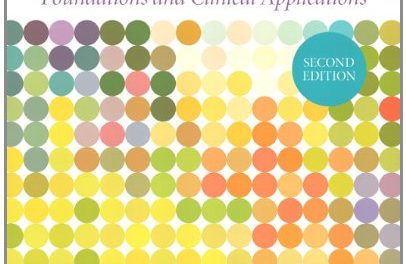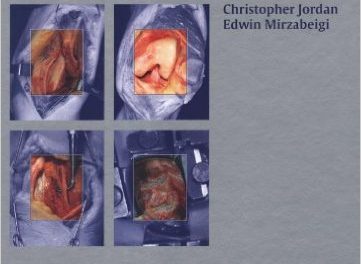 Editor: Todd D. Little, PhD
Editor: Todd D. Little, PhD
Publisher: Oxford University Press
Book Review by: Sonu Chandiram
This is a book on methodology and measurement in psychological research. It uses many real-life examples to help you the student or practitioner understand concepts in concrete terms. As Dr. Scott Maxwell, a psychology professor at Notre Dame, puts it: “The frequent use of actual examples from psychological research helps readers understand the relevance of methods and establishes a clear connection between substantive research questions and the role of methods in providing answers to those questions.”
105 specialists in various areas have contributed to the second volume (with its focus on statistical analysis) of this unique book on quantitative methods in psychology and other sciences, writing or co-writing its 31 chapters.
The range of topics covered in this volume is varied, ranging from traditional or classical statistical approaches to multilevel regression and multilevel structural equation modeling. The editor points out that the chapters are grouped together based on certain themes. This list will inform you on what is covered in this book, past the Introduction:
Foundational techniques for statistical analysis of quantitative data:
- Overview of traditional / classical statistical approaches
- Generalized linear models
- Categorical methods
- Configural frequency analysis
Special areas of research:
- Nonparametric statistical techniques
- Correspondence analysis
- Spatial analysis
- Analysis of imaging data
- Twin studies and behavioral genetics
- Quantitative analysis of genes
Foundations of multivariate scaling:
- Multidimensional scaling
- Latent variable measurement models
- Multilevel regression and multilevel structural equation modeling
- Structural equation models
- Developments in mediation analysis
- Moderation
Repeated measures and longitudinal designs:
- Longitudinal data analysis
- Dynamic systems and models of continuous time
- Intensive longitudinal data
- Dynamic factor analysis: modeling person-specific process
- Time series analysis
- Analyzing event history data
Techniques dedicated to finding heterogeneous subgroups in data:
- Clustering and classification
- Latent class analysis and finite mixture modeling
- Taxometrics
Issues related to secondary analyses of extant data:
- Missing data methods
- Secondary data analysis
- Data mining
- Meta-analysis and quantitative research synthesis
- Common fallacies in quantitative research methodology
This is a unique, well-researched and well-organized book on psychological methodology, and Dr. Little has done an excellent job in providing proper guidelines to authors on the scope and purpose of the articles, as well as analyzing, and expertly presenting the material for the benefit of students of psychology as well as practicing psychologists.
Todd D. Little, PhD is a Professor of Educational Psychology and Director of Texas Tech University Research Institute. Dr. Little is internati9onally recognized for his quantitative work on various aspects of applied SEM (e.g. indicator selection, parceling, modeling development processes) as well as his substantive developmental research (e.g. action-control processes and motivation, coping, and self-regulation).
In 2001, Dr. Little was elected to membership in the Society for Multivariate Experimental Psychology. In 2009 he was elected President of Division 5 (Evaluation, Measurement and Statistics) of the American Psychological Association and in 2010 was elected Fellow of the division. In 2012 he was elected in the Association for Psychological Science. He founded,organizes,and teaches in the internationally renowned KU “Stats Camps” each June (see www.crmda.KU.edu for details of the summer training program).
He has edited five books relating to methodology including The Oxford Handbook of Quantitative Methods and the Guilford Handbook of Developmental Research Methods (with Brett Larsen and Noel Card. Dr. Little has been principal investigator or co-principal investigator on more than 15 grants and contracts, statistical consultant on more than 60 grants and he has guided the development of more than 10 different measurement tools.







